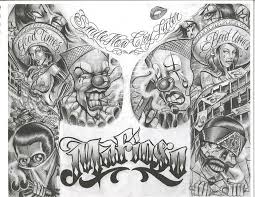Chicano
英 [tʃɪˈkɑː.nəʊ]
美 [tʃɪˈkɑː.noʊ]
- n. 奇卡诺人(指墨西哥裔美国人或在美国的讲西班牙语的拉丁美洲人后裔)

记忆方法
将“Chicano”分解为两个部分:“Chi”可以联想到“Chiapas”(墨西哥的一个州),这样可以帮助记住“Chicano”与墨西哥或拉丁美洲有关。然后,“cano”可以联想到“canoe”,即独木舟,想象一个独木舟穿过墨西哥的河流,从而联想到“Chicano”可能是墨西哥河流地区的居民或文化。这种方法通过视觉联想帮助记忆单词的含义。
以上内容由AI生成, 仅供参考和借鉴
英语词源
- Chicano (n.)
- 1947, from Mexican Spanish dialectal pronunciation of Mexicano "Mexican," with loss of initial unaccented syllable [Barnhart]. Said to have been in use among Mexican-Americans from c. 1911. Probably influenced by Spanish chico "boy," also used as a nickname. The adjective in English is attested by 1967. Fem. form is Chicana.
权威例句
- 1. Chicano literature boomed in the social movements of the 1960 s.
- 奇卡诺文学勃兴于20世纪60年代社会运动的高潮中.
- 2. Sanchez, George . Becoming Mexican American: Ethnicity, Culture, and Identity in Chicano Los Angeles . 1993.
- 《成为墨裔美国人: 族群 、 文化和洛杉矶墨裔的认同》1993.